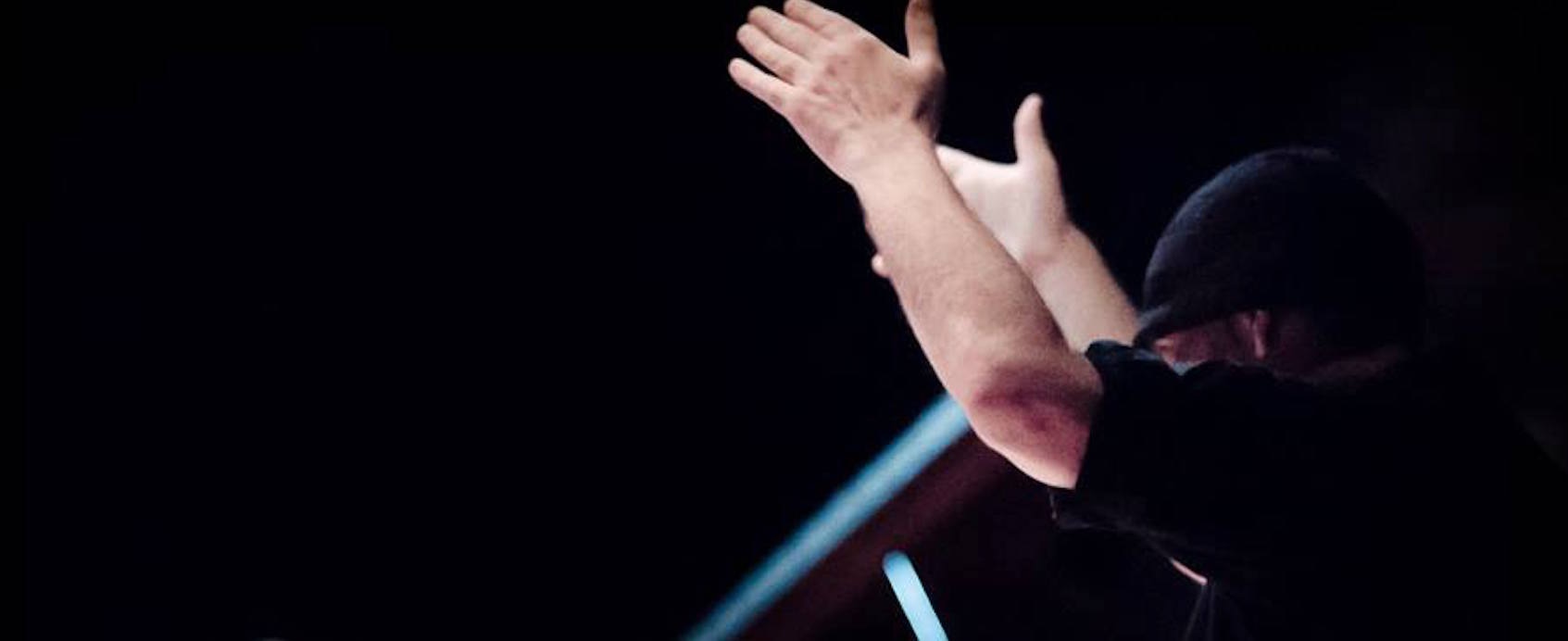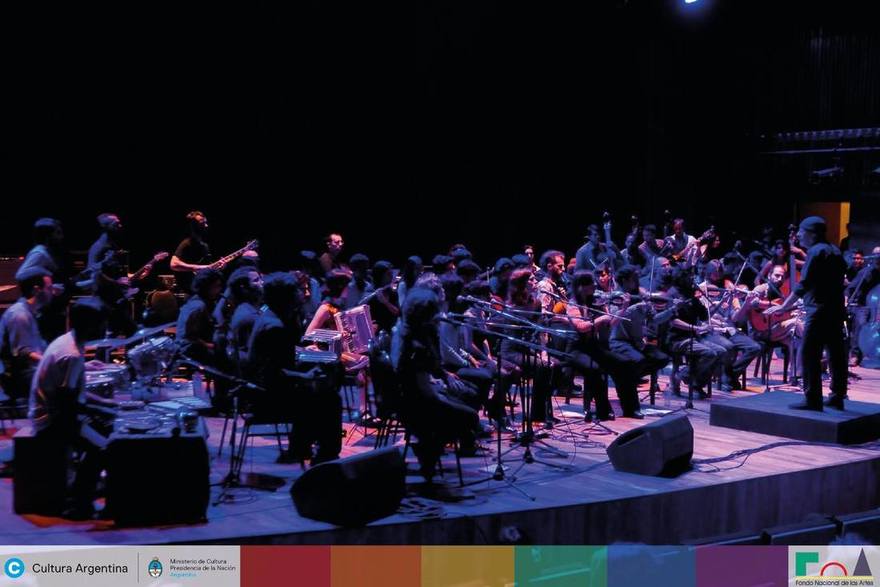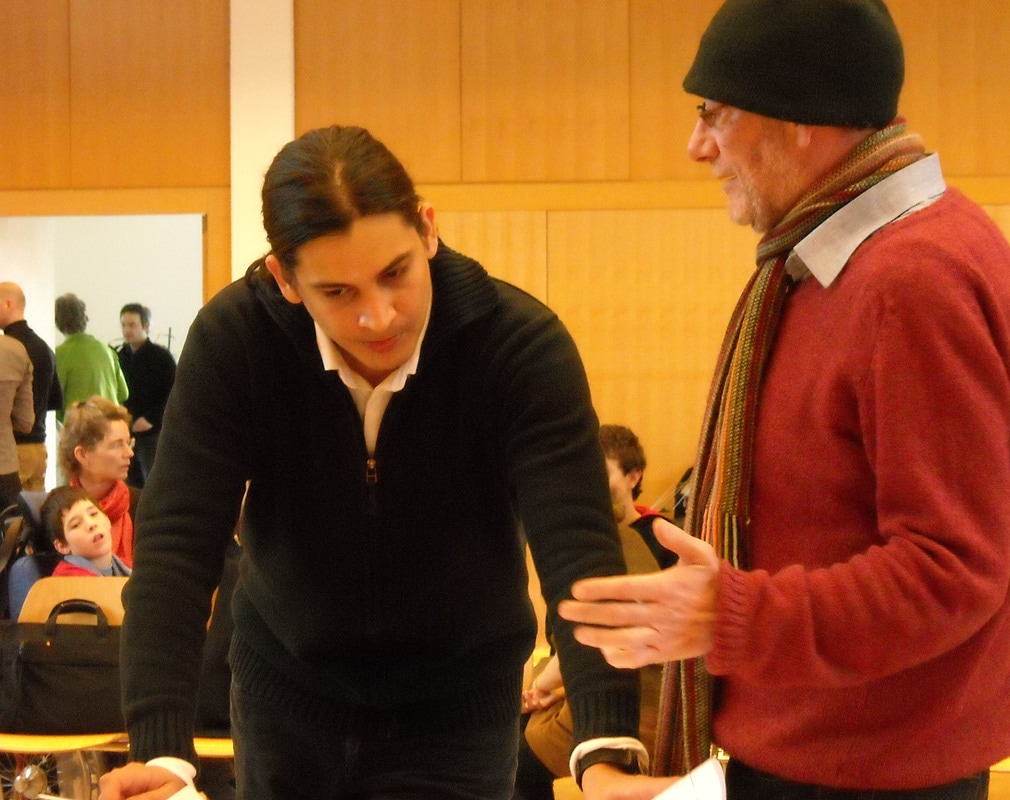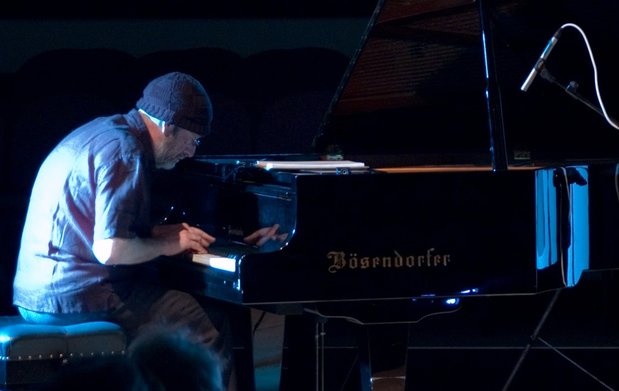Background
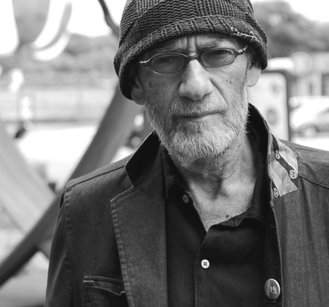
Oscar Edelstein is considered crucial in the map of Latin American contemporary music, new opera and performance. Always pushing the lines between the classical, the contemporary and the popular, his music has been described as the first time that Latin America has led the avant-garde, and at the sametime is noted for it’s accessibility.
His career is has been continually distinguished for breaking new ground, and having been awarded important prizes throughout, in 2011 he was honoured with the highly prestigious award from the National Arts Foundation of Argentina* for out-standing artistic achievement, and was made Citizen Illustrious of his hometown. In a recent return to orchestral composition, his work "Cristal Argento I" (commissioned by Basel Sinfonietta) for full orchestra with the electronic process of the “Sonic Crystal”, was premiered in Switzerland in 2011. Presented as a traditional score, Edelstein used the electronic process to act like a transparency. The software programme was designed by the research team of Edelstein, LAPSO (Laboratory of Acoustics and Sound Perception) at Quilmes University where he is a senior professor and leads an award winning research team of physicists, mathematicians, mechanical engineers, musicians and composers who are researching his ideas for “Acoustic Theatre.” In his compositions Edelstein frequently explores the interplay between music and theatre, where voice and speech interplay with music and technology. He has a close connection to theatre and dance having made music for the theatre of Argentina’s most important directors such as Roberto Villanueva. Edelstein is also known for his many operatic works; "La Carta Imaginaria" (2014), “El Caballo Fantasma” (2011), “Eterna Flotación: los monstruito’” (commissioned by CETC Centro de Experimentación del Teatro Colón - 2006), “La Teoría Sagrada del Espacio Acústico” (2000–2001), “El Tiempo, La Condena” (1999), “El Hecho” (1998), and “Klange, Klange, Urutau” (1997) amongst others. |
|
Edelstein has lead masterclasses and postgraduate studies based on his own works, theories and composition techniques in many of the most prestigious Latin American and European institutions, including; Manhattan School of Music, and Columbia University (USA); Royal College of Music, Guildhall School of Music (London), University of Central England (Birmingham), Royal Northern College of Music & Drama (Manchester), University of Wales (Aberystwyth), University of Music and Performing Arts (Vienna), and so on.
In the last few years he has received commissions for modern operas and symphonic works from Teatro Colón (Buenos Aires), Orquesta Sinfónica Nacional de Argentina, Basel Sinfonietta and London Philharmonic Orchestra, amongst others. |
The electronic part carries the game of the orchestra into another space, another world, another sound universe, like a dream, like a recollection, or how it looks through a kaleidoscope, a prism with various refractions. A powerful percussion mechanism machine was in action, concentrated beams of sound of stream over the listener. It was exciting to hear such avant-garde new music from Latin America. Roswitha Frey, Badische Zeitung, January 2011 The rhythmical, multilayered sound fields develop like waves. Edelstein’s close woven music, continuing the tradition of Varèse, has a force which goes under the skin with great vitality. Christian Fluri, Basellandschaftliche Zeitung, January 2011 |
